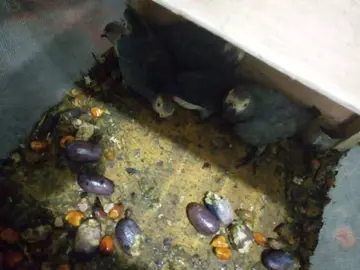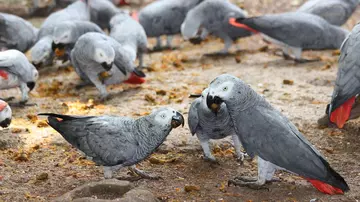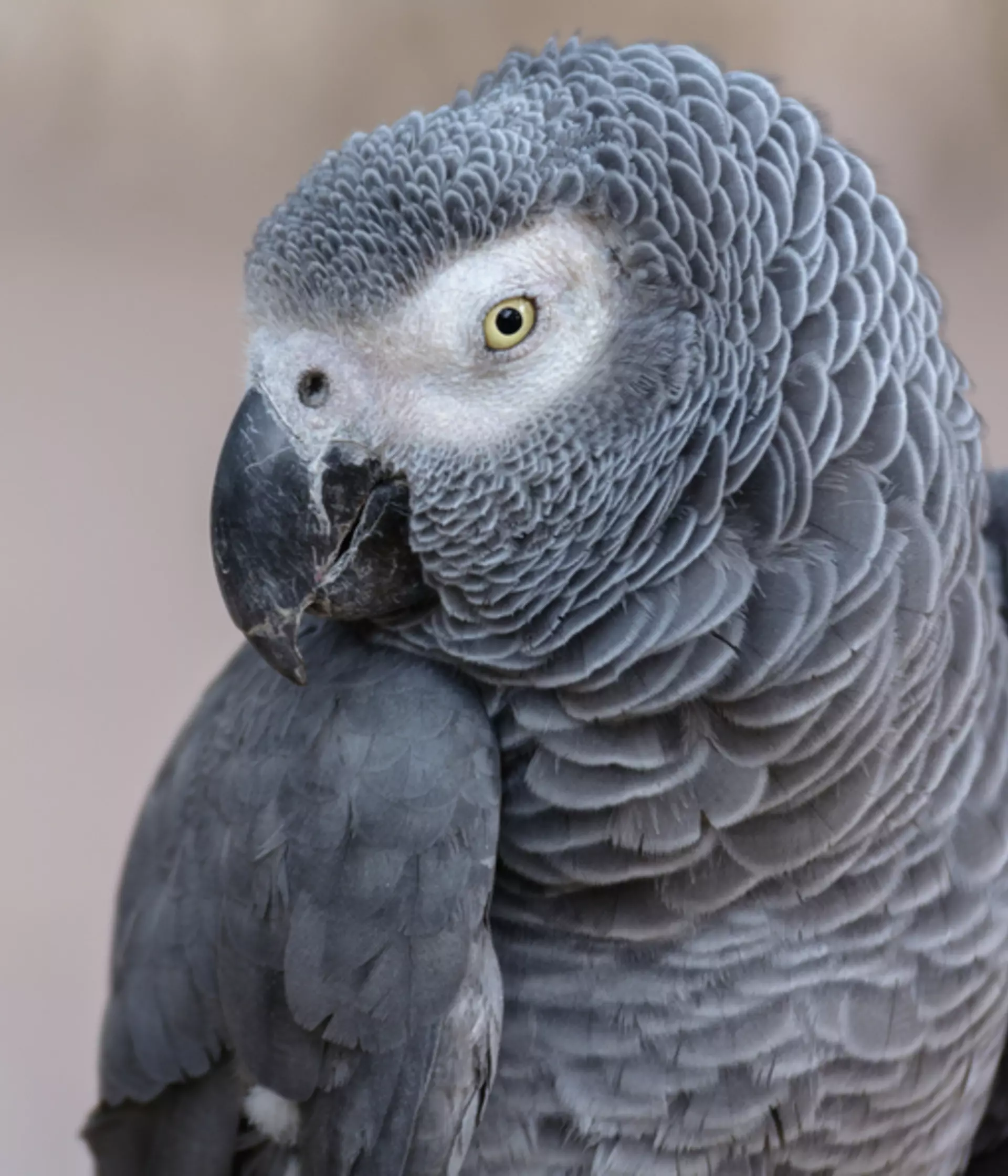
Wildlife’s greatest mimic of human speech, the African grey parrot is one of the smartest birds on the planet.
ZSL’s Dr Andrew Fowler, Regional Director for West and Central Africa, explains why these majestic and super-intelligent creatures are under threat and the vital work being done to save them…
What makes the African grey parrot so special?
The largest parrot in Africa, African grey parrots are not just beautiful and naturally sociable, they’re incredibly intelligent. The greatest mimic of human speech among the 350 or so known parrot species, they’re estimated to have the cognitive skills of a five-year-old human.
Why are they in such danger?
Their intelligence and gift for mimicry make them extremely sought-after pets in Europe and Asia. This lucrative but illegal trade has resulted in huge reductions of wild populations. So despite having legal protection, grey parrots are facing extinction due to poaching.
Their bright red tail feathers are used in religious ceremonies and their heads are used in local rituals because people incorrectly believe that they’re so good at mimicking human voices, they can cure speech impediments.
Another threat to their survival is the unsustainable use of their habitat for logging and farming. It all means their population in Ghana alone is estimated to have fallen by as much as 99% since 1992.

As wild birds, how are they captured?
The birds are cruelly taken from the wild using glue-coated tree branches with other captured and tethered birds used as lures. They’re often packed into crates without food or water and during transport mis-labelled as non-protected species. Consequently, many don’t survive.
How is ZSL helping them recover?
We’ve improved the conditions of parrots seized in transit through more training in parrot husbandry and supplying bigger, more robust cages for their safe transportation. This has really improved the survival rates of captured birds.
We’ve been working with Cameroon’s Ministry of Forests and Wildlife to combat the unsustainable trade in African grey parrots for many years. We train customs officials in how to identify protected species and have improved patrolling and law enforcement by eco-guards as well as setting up surveillance networks with local communities.
How are donations making a difference?
Donations are vital in helping us save these beautiful and intelligent creatures from wildlife traffickers.
The funds enable us to work with local communities to help protect them and then provide the birds with the veterinary care that they need. Donations are vital in helping us rehabilitate the seized parrots in our wildlife centres, which can take up to six months, before releasing them back into the wild.

